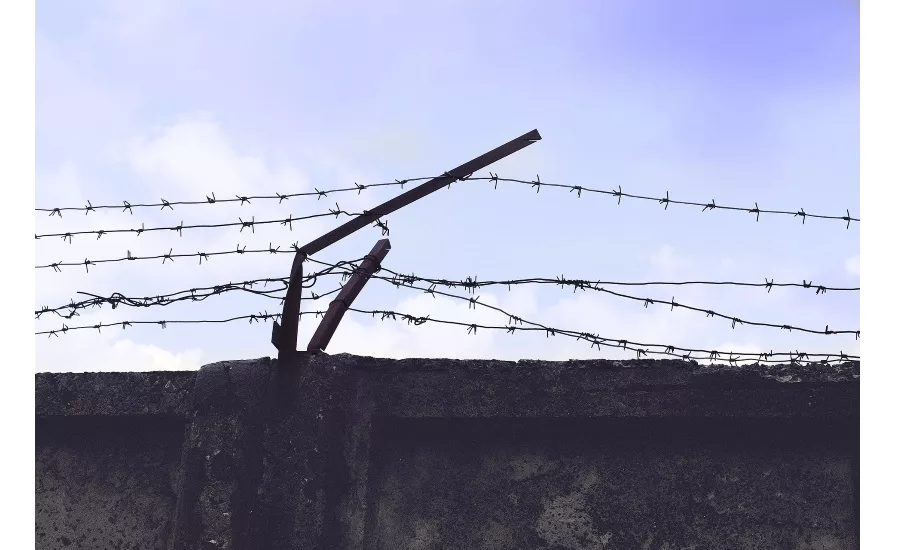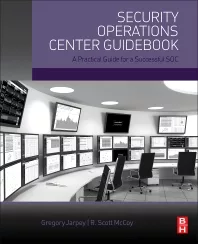Delaware's Department of Corrections opens Intelligence Operations Center

Delaware's state correctional leaders opened the Department of Correction Intelligence Operations Center (IOC). The statewide facility will be operated by the Special Operations Group within the Bureau of Prisons. The IOC positions will allow the DOC to identify security threats from across facilities, assess them, and proactively act to mitigate those risks.
Delaware Governor John Carney stated, “We made a commitment after the 2017 uprising and murder of Lt. Steven Floyd that we were going to do the hard work to make our correctional system safer. This Intelligence Operations Center demonstrates how far the DOC has come by investing in technology and people, embracing a new organizational approach, and placing top-notch management across its facilities to better meet its important mission. Thanks to a lot of hard work and this new cutting-edge facility, we have a much greater ability to know what’s going on behind the walls and that’s keeping our correctional officers and inmates in our custody safer than they have ever been.”
The DOC Intelligence Operations Center addresses a critical need for better communication and information-sharing within and across Delaware’s correctional facilities that was highlighted by the Independent Review of Security Issues at the James T. Vaughn Correctional Center. The review was commissioned by Governor Carney in 2017 following the inmate uprising at James T. Vaughn Correctional Center.
DOC's Intelligence Operations Center taps into access to thousands of surveillance cameras, human intelligence, tips from employees, and other sources to gather information and synthesize it into concrete recommendations for action. Its team of 12 employees, including Intelligence Analysts and Field Investigators, partner with security staff at the facility level to focus on gang-related affiliations and activity among inmates, contraband detection, organized criminal enterprises, isolated threats by individuals, and more. Information is synthesized into actionable intelligence and recommendations that are shared with senior DOC leaders and facility wardens and staff to diffuse emerging inmate conflict and prevent violence. Additionally, IOC analysis is used to proactively inform decisions about inmate movements, may help identify programming needs, and contributes to internal disciplinary investigations. IOC team members also collaborate with local, state, and federal law enforcement partners to support public security and safety through internal and external investigations.
The DOC Intelligence Operations Center, a stand-alone facility in the Dover area, is located in a state-owned building that was transferred to the Department of Correction late last year.
"Consistently over the past three and a half years, the Department of Correction has been focused on strengthening safety and security, improving recruitment and retention of officers, improving programming and services for inmates, and modernizing our Intelligence operations through better intelligence gathering and sharing," Commissioner DeMatteis said. "This statewide Intelligence Operations Center and its experienced team of officers and analysts enables us to take another leap forward in leveraging human intelligence together with the latest technology to prevent another inmate-led riot that could harm, or worse, an officer, counselor, or inmate."
Looking for a reprint of this article?
From high-res PDFs to custom plaques, order your copy today!





